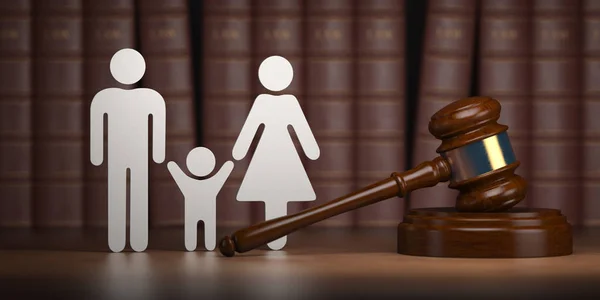
Alteration of property interests and the Family Law Act
As established in the landmark High Court Case of Stanford v Stanford [2012] HCA 52, the Family Court takes a four-step approach in property settlement proceedings:
Step 1: Identify and value the assets, liabilities and other financial resources (such as income from a trust) of each party;Step 2: Consider the contributions, both financial and non-financial, made at the beginning of the relationship and throughout the relationship by each party;
Step 3: Consider each party’s future needs, taking into account their earning capacities, health concerns and if they have care for a child under 18 or a vulnerable person; and
Step 4: Determine with the settlement proposed is ‘just and equitable’ in the circumstances.
To do this, the Family Court refers to relevant sections under the Family Law Act 1975 (“FLAâ€) to consider what factors are necessary to determine each step of this approach.
Section 75(2) - Matters to be taken into consideration in relation to spousal maintenance
Under section 75(2) of the FLA, the Court takes into account certain factors in the adjustment of property interests in a family law settlement. Important factors include:
- The age and state of health of each of the parties.
- The income, property and financial resources of each of the parties and the physical and mental capacity of each of them for appropriate gainful employment.
- Whether either party has the care or control of a child of the marriage who has not attained the age of 18 years.
- Commitments of each of the parties that are necessary to enable the party to support themselves and any relevant children.
- The responsibilities of either party to support any other person.
- The eligibility of either party for a pension, allowance or benefit, whether that
- A standard of living that in all the circumstances is reasonable.
- The effect of any proposed order on the ability of a creditor of a party to recover the creditor's debt, so far as that effect is relevant.
- The extent to which the party whose maintenance is under consideration has contributed to the income, earning capacity, property and financial resources of the other party.
- The duration of the marriage and the extent to which it has affected the earning capacity of the party whose maintenance is under consideration.
- If either party is cohabiting with another person and the financial circumstances relating to the cohabitation.
- Any child support under the Child Support (Assessment) Act 1989 that a party to the marriage has provided, is to provide, or might be liable to provide in the future, for a child of the marriage.
Section 79(4) – Alteration of property interests
Under section 79 of the FLA, the Court takes the following matters into account when determining what order to make in property settlement proceedings:
- Financial contributions made directly or indirectly by either party.
- Non-financial contributions directly or indirectly by either party. These can include making renovations to the matrimonial home and gardening.
- Contributions made to the family and any children of the marriage, as well as any contributions to being a homemaker and parent.
- The earning capacity of each party.
- Any relevant orders already made.
- Any child support that one party may make to another party.
What to do if you separate from your partner
It is important to get legal advice when you separate from a partner, so you know how these factors under the FLA apply to you and your circumstances. It can be difficult to advocate for yourself and that is where we come in to make the process as painless as possible.
If you need help with your family law dispute, contact the team at Kennedy & Cooke to get legal advice as soon as possible.
Please be advised that this article is for informational purposes only. It is not to be used in place of legal advice. Please contact one of our solicitors if you require legal advice.

